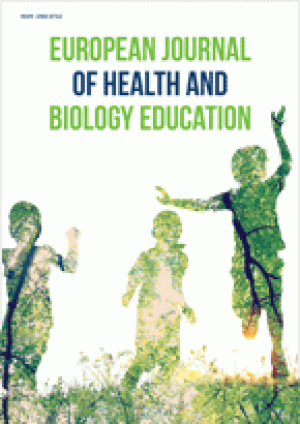Abstract
Within this teaching scenario, students will have the opportunity to critically examine the contribution of tourism to the pollution of local ecosystems. The target group is upper high school students (grades 10-12), and the study is based on the care-know-do method to promote ecological mindfulness, critical thinking, and active citizenship. Students participate in experiential learning activities that combine field-based observation, geospatial data analysis, and community interaction, including parent questionnaires. The educational intervention aligns with sustainable development goals 12, 14, and 15, focusing on interdisciplinary learning, environmental responsibility, and the development of problem-solving skills. Digital platforms can be leveraged to foster collaboration and data-informed inquiry, thereby motivating students to become active agents of change within their local contexts. The findings highlight the potential of combining environmental literacy and digital competence in school-based sustainability initiatives.
License
This is an open access article distributed under the Creative Commons Attribution License which permits unrestricted use, distribution, and reproduction in any medium, provided the original work is properly cited.
Article Type: Research Article
European Journal of Health and Biology Education, Volume 12, Issue 1, 2025, Article No: e2506
https://doi.org/10.29333/ejhbe/16721
Publication date: 01 Aug 2025
Article Views: 849
Article Downloads: 752
Open Access References How to cite this article
 Full Text (PDF)
Full Text (PDF)